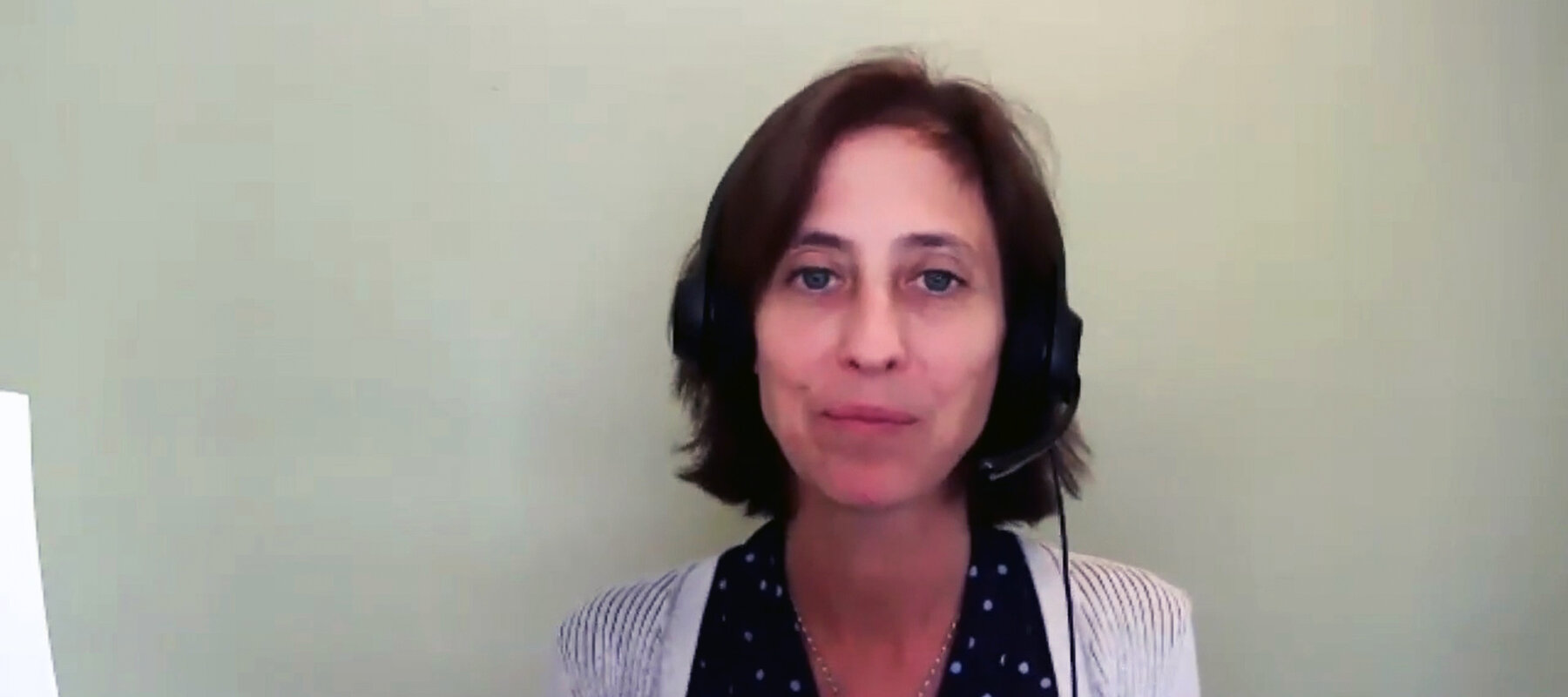Since COVID-19 reached the United States earlier this year, seemingly every aspect of society has changed. Morning commutes have been replaced by trips down the hall. Essential workers clock in and out of shifts donning masks, gloves and other protective equipment. Students and teachers speak through the veil of a computer screen, denied the structure of a physical classroom.
It's no secret that the worldwide virus has redefined the meaning of daily routine. But as the fight against coronavirus continues, implications for the future remain unclear.
On September 8, the Lehigh University-United Nations Partnership and the International Labour Organization (ILO) hosted “How Covid-19 is Shaping the Global Workforce,” a discussion about the impact of the pandemic on current and future labor markets. Kevin Cassidy, Director of the ILO Office for the United States and Representative to the Bretton Woods and Multilateral Organizations, led the discussion. He was joined by Valentina Barcucci, labor economist at ILO Vietnam; Cristoph Ernst, acting director of the ILO Argentina office; and Corinne Post, professor of management at Lehigh. Watch a recording of the discussion here.
Each country represented has handled the current crisis to varying success. Post, who studies the U.S., says the country has made strides. Several unions have secured healthcare benefits for their workers, and protective equipment has been supplied liberally, she said.
But Post is unsure that the generosity will last. She worries that the communities hit hardest by the pandemic – minorities and women chief among them – will be left dry by recovery policy. Additionally, she fears that workers will flee to the suburbs en masse as more corporations turn to remote work.
Barcucci said that Vietnam, a country that has seen economic gains since the 1980s, may use the COVID-19 pandemic as a wake-up call. Unlike many countries, Vietnam quickly contained the virus. But their success still did not prevent recession. Several of Vietnam’s chief importers succumbed to the pandemic’s pressure, and the country suffered as result. Informal employees, already vulnerable from existing structural inequalities, were hit the hardest, Barcucci said.
Still, Barcucci expressed optimism for the country’s recovery. A new trade partnership between the European Union and Vietnam – litigated by the ILO – will help secure rights for workers at every level. Within the country, the pandemic may push economic reform to address structural inequalities, she added.
Ernst did not share that optimism for his country of study. As Argentina’s positivity rates climb, its coffers empty, he said. The country’s inability to mandate safe social distances in the workplace has challenged its economic comeback, and he believes that a rebound will take considerable time. He said that Argentina must particularly emphasize public health precautions in its infrastructure as it recovers.
Looking forward, each speaker believes that the study of the current global economy offers unique opportunities to rebuild a safer, more stable market for the future, one that could manage both economic and public health shocks in a way that the current cannot. More protections for vulnerable workers, fair institution of automation, subsidies for displaced workers, and a redesigned workspace to allow for physical distance would ensure that future health crises are not as damaging, they said.
To meet those needs, said Ernst, corporations and universities must train their workers with a more holistic set of problem-solving skills geared towards collaboration and multidisciplinary. “We have to find a balance between health risk and economic risk; social and generational risk,” he said.
Andrew Ward, professor of management at Lehigh, opened and closed the discussion. It was the first in a two-part series titled “The Future of Work: Critical Conversations on the Global Workforce in the Age of the Coronavirus.”
